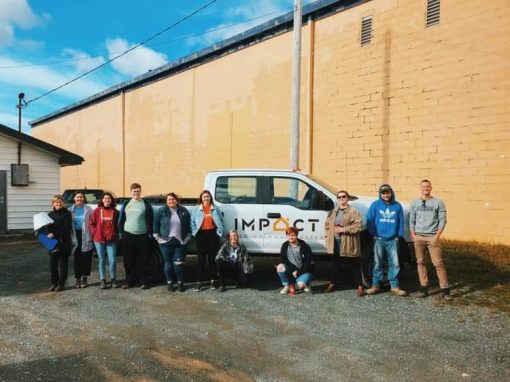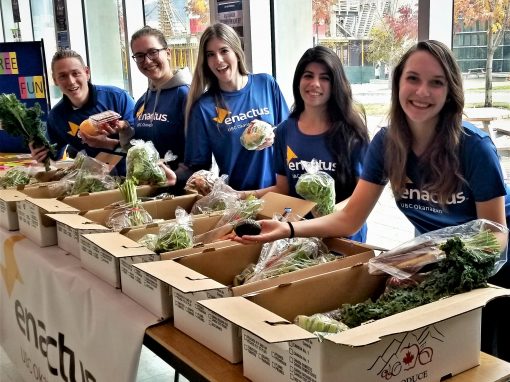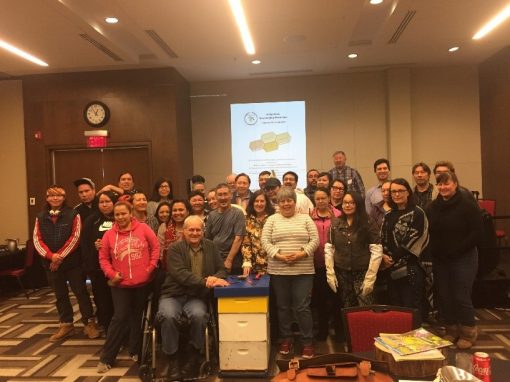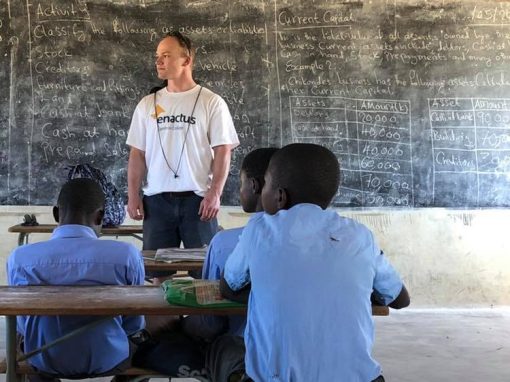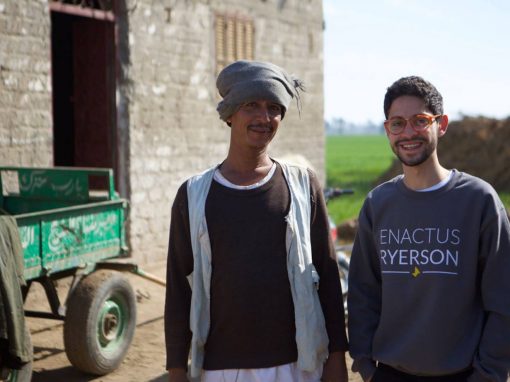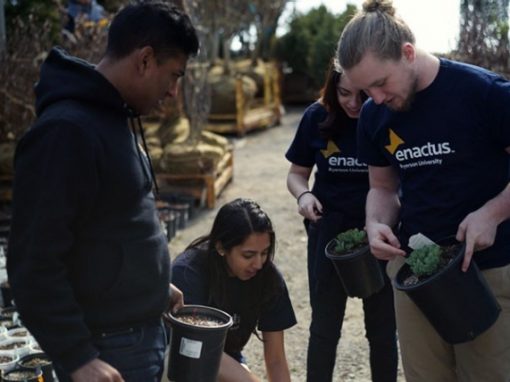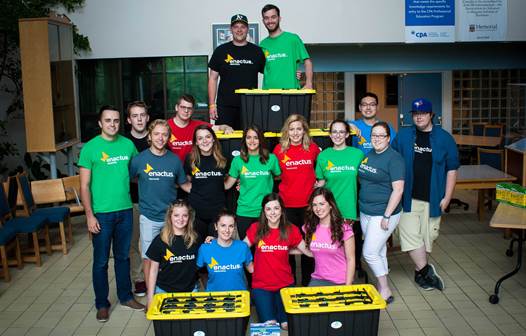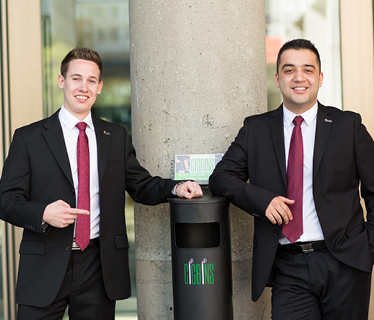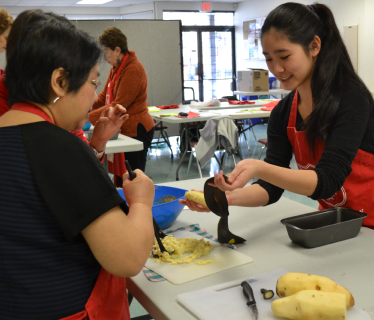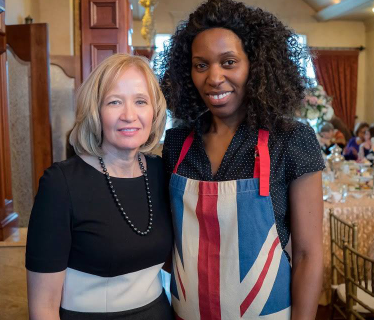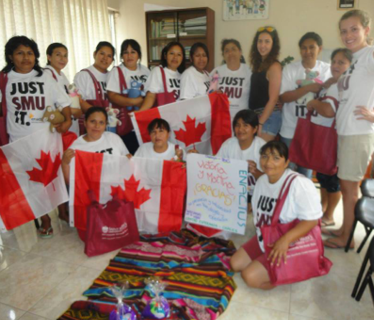PROJECT PURA

Entrepreneurs Empowered

Water Filters Sold

Communities Served
Seeing Opportunity
In Asyut, Egypt, two of five households do not have access to fresh drinking water, and with an astonishing 80% of Egypt’s annual industrial waste being discharged and untreated into communities’ main water supply households are at risk for infection and disease by drinking contaminated water. Families in Gujarat, India face the same circumstances, where 19 million people do not have access to clean drinking water. In both communities, the pottery industry was once considered to be a thriving, traditional craft passed down through generations, but has since been in decline.
Taking Action
Enactus Ryerson decided to take action to revive a declining industry while being able to provide clean drinking water to communities in need through Project Pura, a project that empowers community members to make ceramic water filters. The Enactus team worked with local community members in both Asyut, Egypt and Gujarat, India, to created customizable filters that are made from local and reusable materials. In Asyut, the team used a train-the-training approach to educate local potters on how to manufacture and sell their water filters in their communities. In Gujarat, the team partnered with three educational institutions to host workshops that concentrate on the importance of water sanitation, entrepreneurship and financial literacy.
Enabling Progress
In four months, eight local Egyptian potters have manufactured and sold 30 water filters, with all profits being reinvested back into their business to expand, grow and scale their ventures; ultimately reviving the pottery industry within their community. In Gujarat, two local potters have manufactured and sold 21 filters, with all profits going towards the continued education of water sanitation, growing the pottery industry and empowering more individuals to create and sell water filters in their local communities. Project Pura is providing meaningful employment to individuals in these communities, while reviving a previously declining pottery industry all while providing access to affordable water filters and clean drinking water for communities.
INTERESTED IN GETTING INVOLVED?
